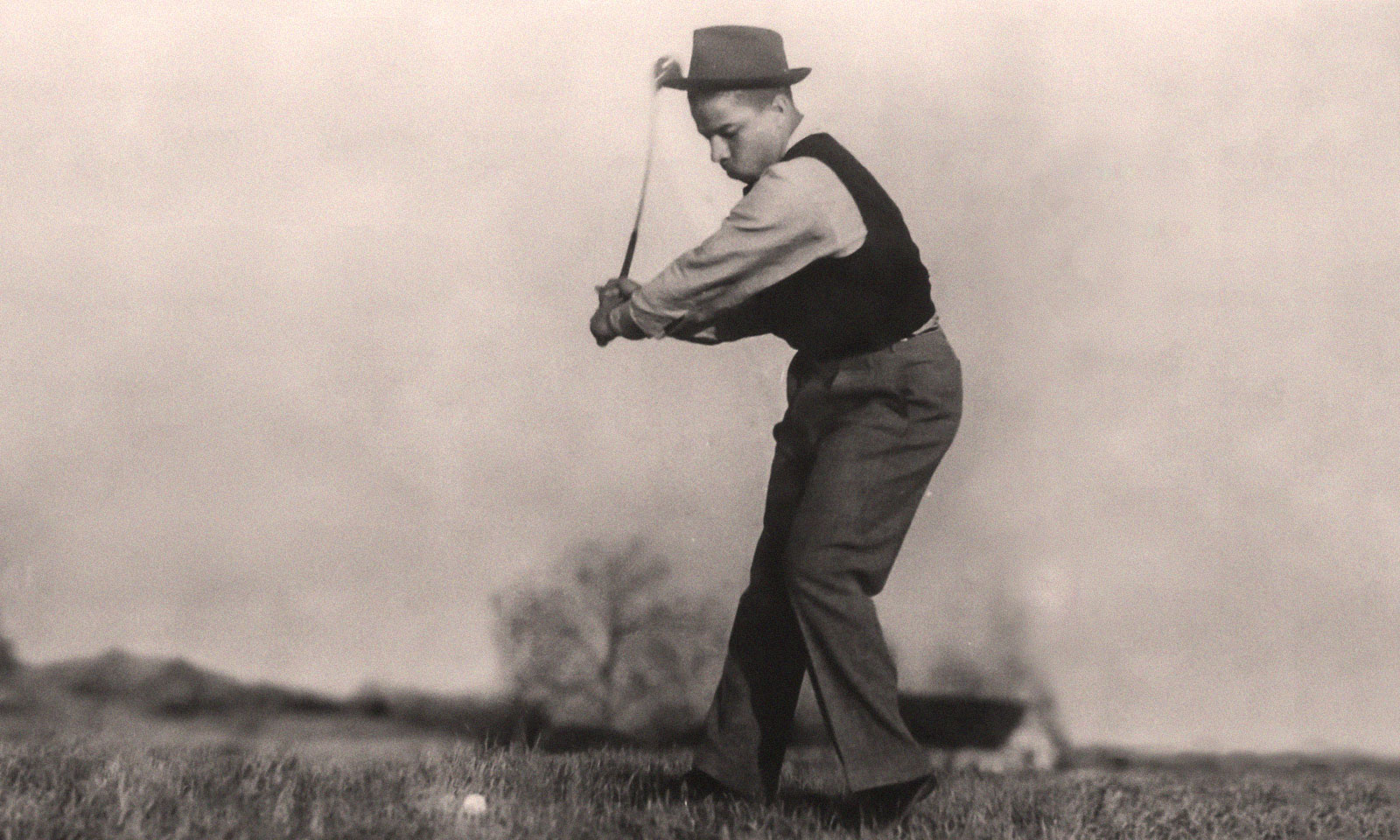In a historic legal battle culminating in a landmark Supreme Court decision, golfer Alfred “Tup” Holmes emerged as a powerful catalyst for change. His steadfast determination dismantled racial barriers, ensuring equal access for African Americans to public golf courses, parks, beaches, and all publicly funded spaces in the state of Georgia. His story transcends the fairway, serving as a beacon of courage and a testament to the enduring impact of the fight for equality. Despite its historical significance in the civil rights movement, the narrative of “Tup” Holmes is largely lost to time and remains relatively unknown to many, even in Atlanta today.
From Denied Access to Defying Discrimination
1951 marked a turning point for “Tup” and fellow golfers when they were refused entry to Atlanta’s Bobby Jones course.
The journey began in 1951 when Holmes and other Black golfers were denied access to play a round at Atlanta’s prestigious Bobby Jones Golf Course—a whites-only course in the Buckhead neighborhood—solely based on their race. Confined to the poorly maintained, 9-hole Lincoln Park course, Holmes refused to accept the status quo. “He wanted to play at the nicer, well-maintained City courses,” emphasizes Jeff King, General Manager of City of Atlanta Golf Services.
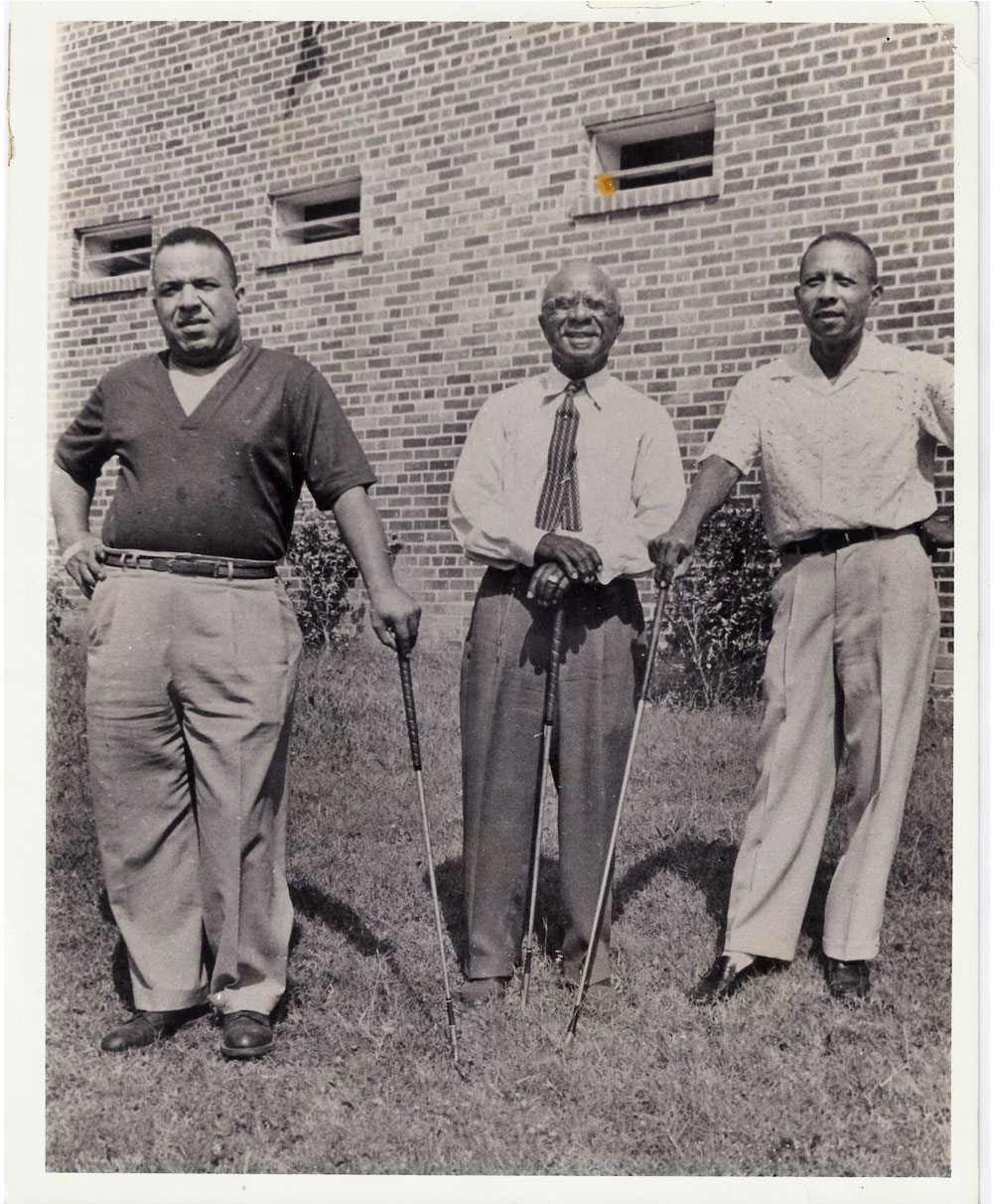
Courtesy

Courtesy
Born to Lead, Destined to Challenge
Despite his abilities, racial discrimination barred Holmes from participating in the 1939 NCAA Tournament.
Born into a prominent East Point family in 1917, Holmes’ natural talent and dedication shone through. A graduate of Booker T. Washington High School and Tuskegee Institute (now Tuskegee University, a top-ranked HBCU), he led his college golf team to victory in three Intercollegiate Championships. In the 1930s, “Tup” Holmes stood out as one of the most successful amateur Black golfers. Despite qualifying for the 1939 NCAA Tournament, he was turned away due to segregation. His remarkable skill never allowed him to play professionally due to the whites-only clause enforced by the Professional Golfers’ Association of America (PGA).
Taking a Stand: A Legal Battle for Equality
Holmes, unwilling to tolerate discriminatory practices, contested the prevailing norms.
Undeterred, Holmes and his family filed an injunction against the City, challenging the discriminatory practices. While an initial court ruling allowed for “separate but equal” facilities, it fell short of true equality. Unfazed, the NAACP legal team, bolstered by the future Justice Thurgood Marshall, continued their fight, ultimately appealing it to the U.S. Supreme Court.
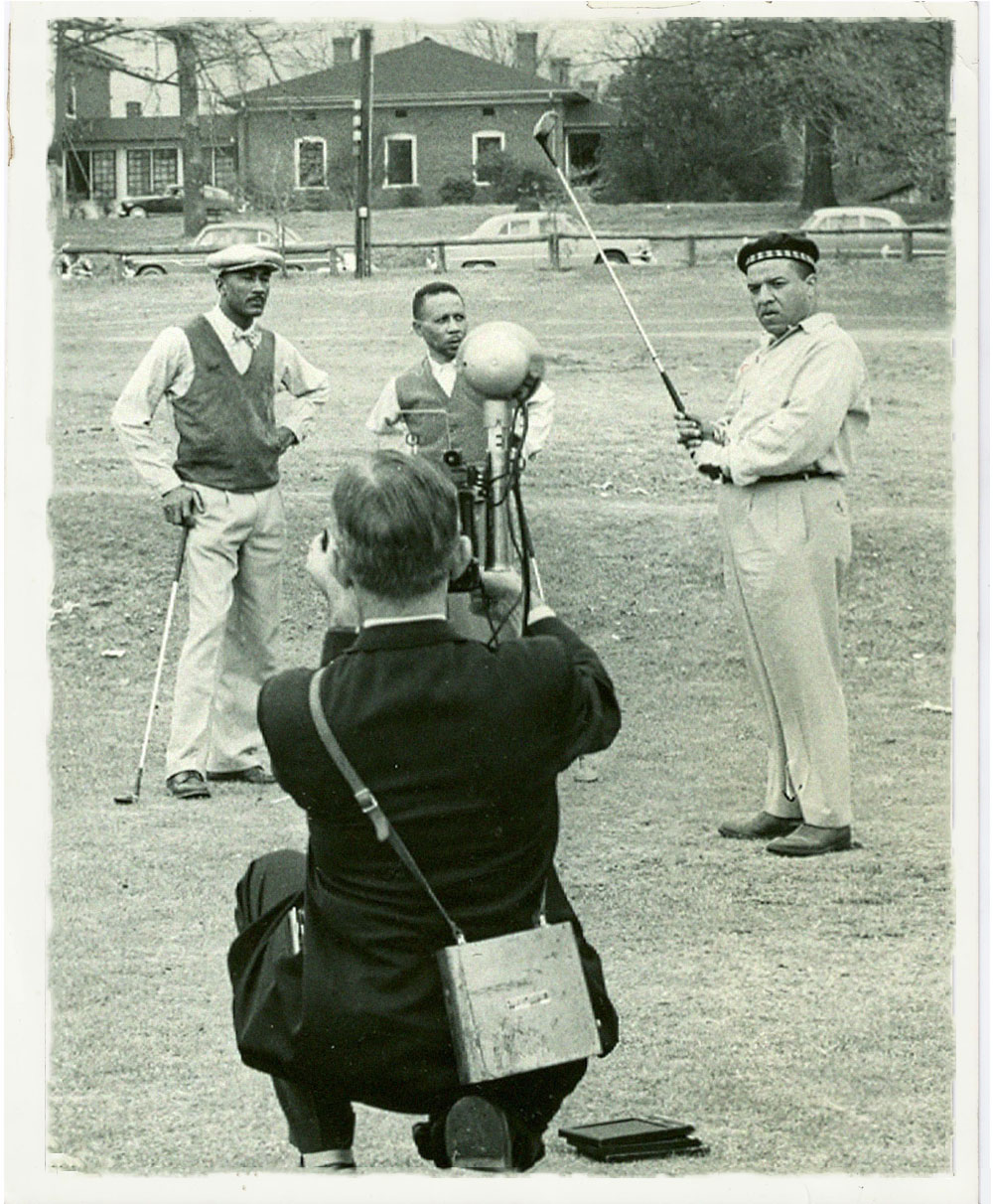
Courtesy
Victory at Last: A New Precedent is Set
On November 7, 1955, the U.S. Supreme Court overturned the “separate but equal” doctrine, marking a monumental victory for civil rights and paving the way for true integration. To celebrate, Holmes symbolically played his first round at the previously inaccessible North Fulton Golf Course (now Chastain Park Golf Course) on Christmas Day. This symbolic act resonated with many, as former NFL player and DPR Director of Facilities Andre Townsend remarks, “Black people have been playing [golf] for years!”
A Legacy Carved in Stone and Engraved in Hearts
In 1983, the City of Atlanta’s Mayor, Andrew Young, honored Holmes’ legacy by renaming Adams Park Golf Course as the “Tup” Holmes Memorial Golf Course. Though Holmes passed away at the young age of 50, his impact continues to resonate. “There would be no Tiger Woods without Holmes and the Supreme Court decision,” stated former DPR Commissioner Alvin Dodson, highlighting the profound influence on the future of golf. Inducted into both the National Black Golf Hall of Fame and the Georgia Golf Hall of Fame, Holmes’ achievements stand as a testament to his unwavering spirit.

Courtesy
The Legacy Continues: Honoring the Past, Inspiring the Future
This spring, the City of Atlanta renews its commitment to commemorating Holmes’ legacy through substantial renovations.
Nestled in the rolling hills of southwest Atlanta, the “Tup” Holmes Memorial Golf Course, an 18-hole, par 72 championship golf course, stands as a constant reminder of Holmes’ groundbreaking fight for equality. City of Atlanta’s Parks and Recreation Commissioner, Justin Cutler, has announced that the City is embarking on extensive renovations this spring. This underscores the city’s commitment to honoring the Holmes legacy while providing top-quality golfing experiences. The project comprises a mural tribute, an updated gallery exhibition, and an immersive experience showcasing the historical archives of the Holmes family in the Pro Shop.
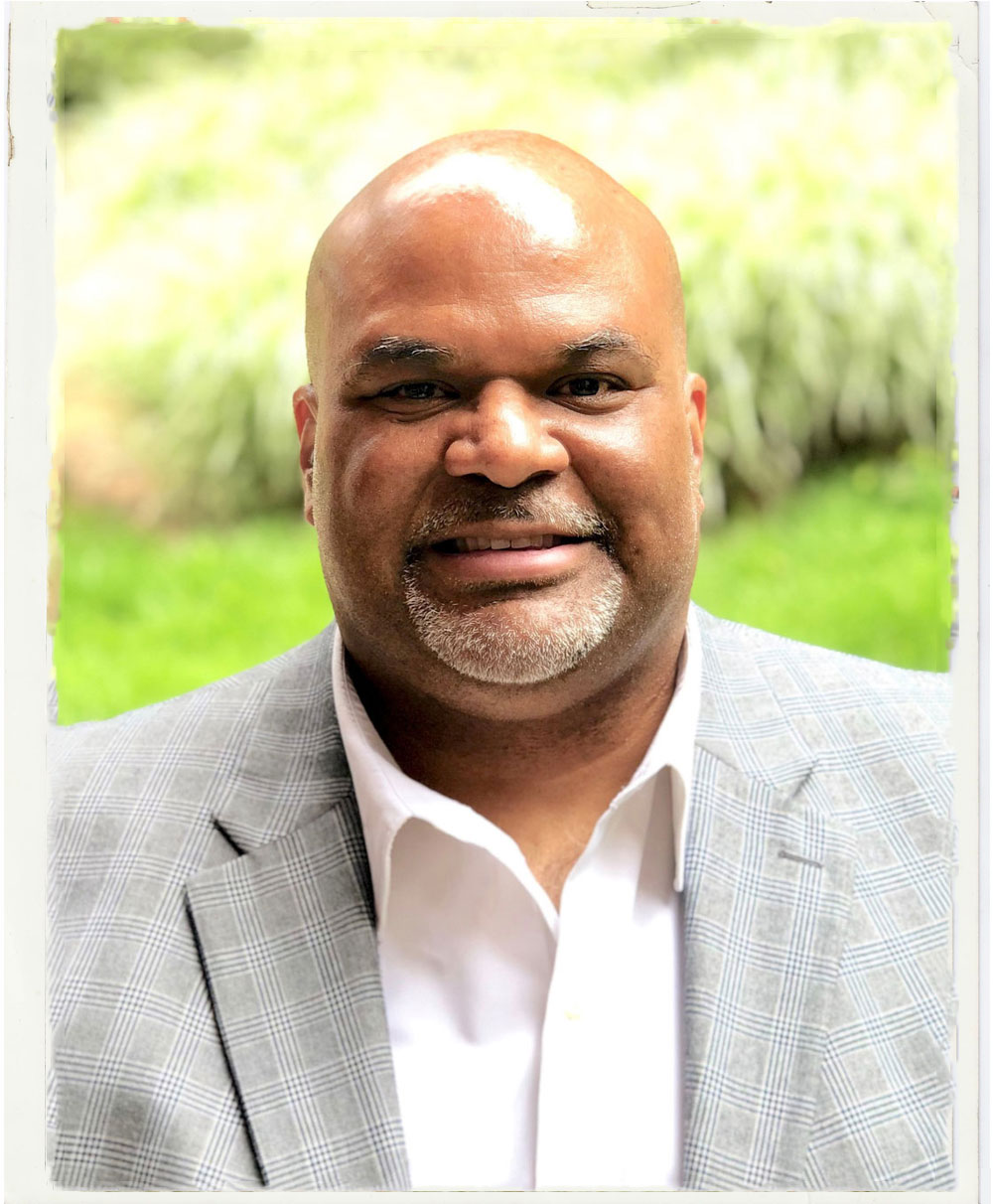
Courtesy
Carrying the Torch: The Alfred Tup Holmes Legacy Foundation
This dynamic nonprofit strives to empower underprivileged youth and preserve the inspirational civil rights story led by “Tup” Holmes and his son, Dr. Hamilton E. Holmes.
Holmes’ grandson, Hamilton E. Holmes, Jr., leads the charge as President & CEO of the Alfred Tup Holmes Legacy Foundation. This evolving nonprofit is dedicated to empowering underserved youth in Atlanta while preserving the heroic narrative of the civil rights struggle led by both “Tup” Holmes and his son, Dr. Hamilton E. Holmes. Dr. Holmes, a trailblazer, was among the first two African-American students to integrate the University of Georgia and the first African-American student to graduate from Emory University School of Medicine, earning his M.D. Their collective efforts opened doors for many, dismantling racial barriers and facilitating equal access to education, public facilities, and, notably, green spaces.
Hamilton E. Holmes, Jr. emphasizes, “The Foundation’s goal is to raise awareness and support for youth in Atlanta’s disadvantaged communities, enabling them to achieve their dreams through the transformative power of education and the core values of golf.”
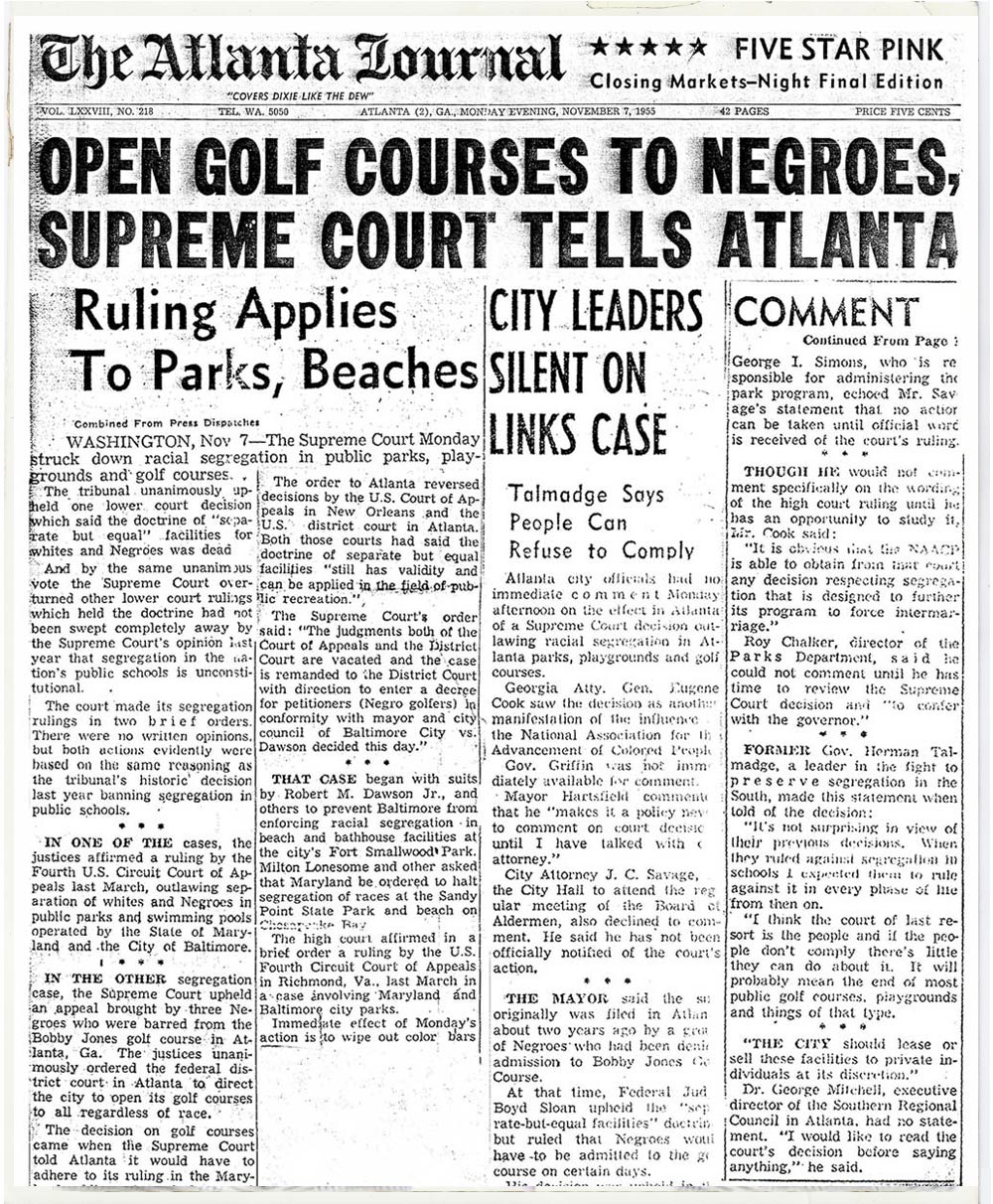
Courtesy
Celebrating Black History Month: A Call to Action
As we embark on February’s Black History Month, the Alfred Tup Holmes Legacy Foundation launches its first-ever event.
As February’s Black History Month unfolds, the Foundation is hosting its inaugural kickoff event, “HERITAGE OF CHANGEMAKERS: A Tribute to Courage,” on February 22nd. This event serves as a reminder of the struggles and triumphs of the past, while inspiring future generations to carry the torch forward. Visit the Foundation’s website at alfredtupholmesfoundation.org to learn more and get involved.


























